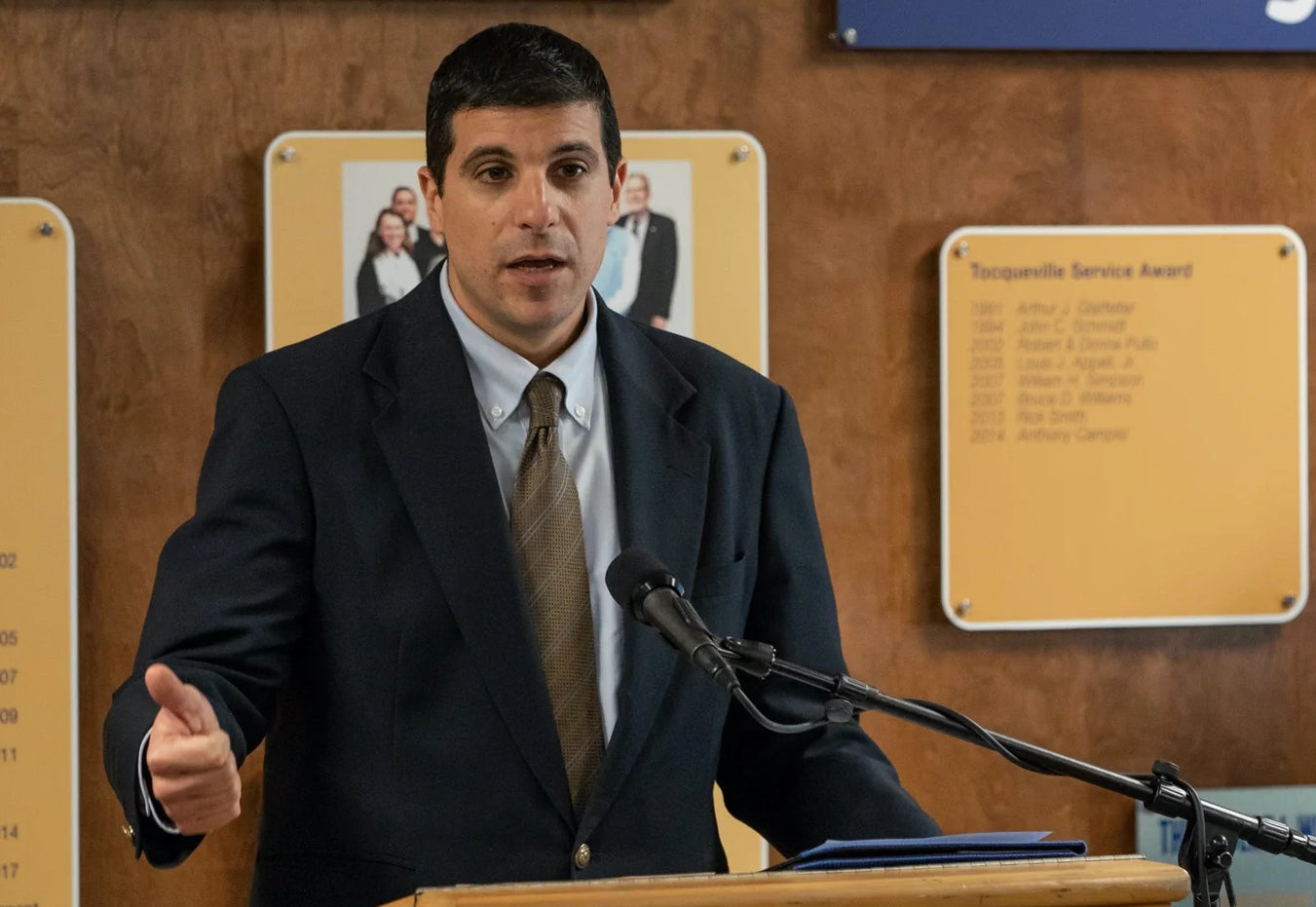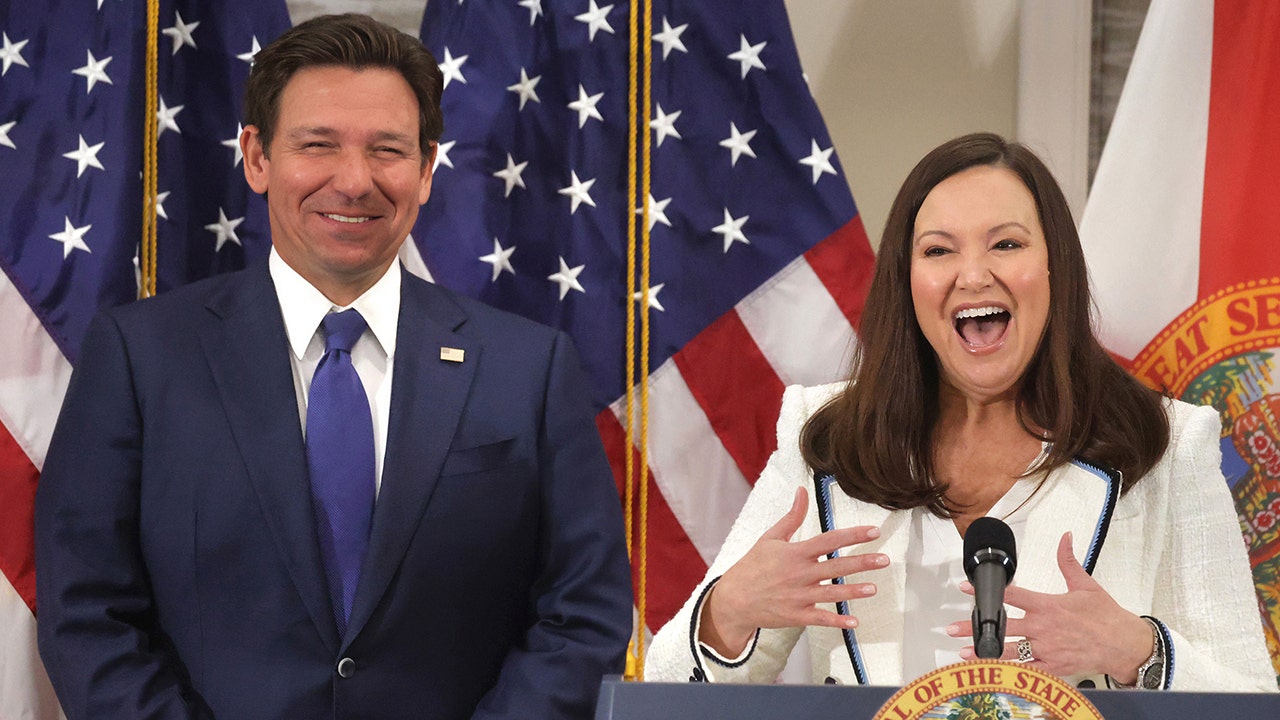A new bill in Harrisburg would require private insurers to pay for Pennsylvanians’ virtual doctor visits, as well as establishing quality standards for telemedicine visits.
Pennsylvania is one of just five states in the country that does not require insurers to pay for virtual doctors appointments, according to the National Consortium of Telehealth Resource Centers, a collection of national and regional resource groups focused on expanding access to telehealth.
While insurance companies generally do cover virtual doctor visits, industry representatives have said, there is nothing in Pennsylvania law requiring it. Other states have reported insurers scaling back on their coverage of virtual visits, national experts have said, and the lack of a legal requirement could allow insurers to be selective about what types of telemedicine visits they’ll cover, or require telemedicine appointments only be conducted through certain doctors or using specific technological platforms.
» READ MORE: Pa. legislators say it’s time to require insurers to pay for virtual health care
A spokesperson for the Insurance Federation of Pennsylvania, a state trade organization, said in a March interview that the industry wouldn’t be opposed to legislation mandating coverage as long as it did not impede growth.
The bill, sponsored by Republican State Sen. Elder Vogel (R., Allegheny) and currently in the Banking and Insurance Committee, would not allow insurers to withhold payment for virtual visits that would otherwise be covered if they happened in person. The bill does not, however, require insurers to cover telemedicine sessions at the same rate as an in-person appointment.
The bill also requires Medicaid and the Children’s Health Insurance Program known as CHIP to cover virtual visits, and would make the state’s licensing boards responsible for ensuring online visits provide the same quality of care as appointments in doctors’ offices.
Vogel has wanted to guarantee telemedicine insurance coverage for Pennsylvanians since 2016, he said, framing it as an important tool to help people in rural parts of the state access health care.
“Having broader access to this critical form of health care allows residents to fit their doctor’s appointments into their busy schedules and save money on travel during a time where we are seeing inflated costs,” Vogel said in an emailed statement.
» READ MORE: How the FBI’s rules are making it harder for Pa. doctors to have virtual visits with patients in other states
Twice before the pandemic, and once during, the state General Assembly was unable to pass an insurance mandate. The Democratic majority in the House, though, makes legislators hopeful this bill could move forward.
Virtual visits, once rare, have become vastly more common since the pandemic. Nationally, 28% of Medicare recipients had at least one telehealth visit in 2021, compared with 1% in 2019. Locally, doctors at Jefferson Health have said they used to conduct roughly 50 telemedicine appointments daily before COVID-19. The hospital system now conducts three times as many virtual visits a day.

/cloudfront-us-east-1.images.arcpublishing.com/pmn/VSIWOQPELVAG7LOT6ELIDAK37E.jpg)

















/cdn.vox-cdn.com/uploads/chorus_asset/file/25822586/STK169_ZUCKERBERG_MAGA_STKS491_CVIRGINIA_A.jpg)

/cdn.vox-cdn.com/uploads/chorus_asset/file/25821992/videoframe_720397.png)




/cdn.vox-cdn.com/uploads/chorus_asset/file/23935558/acastro_STK103__01.jpg)